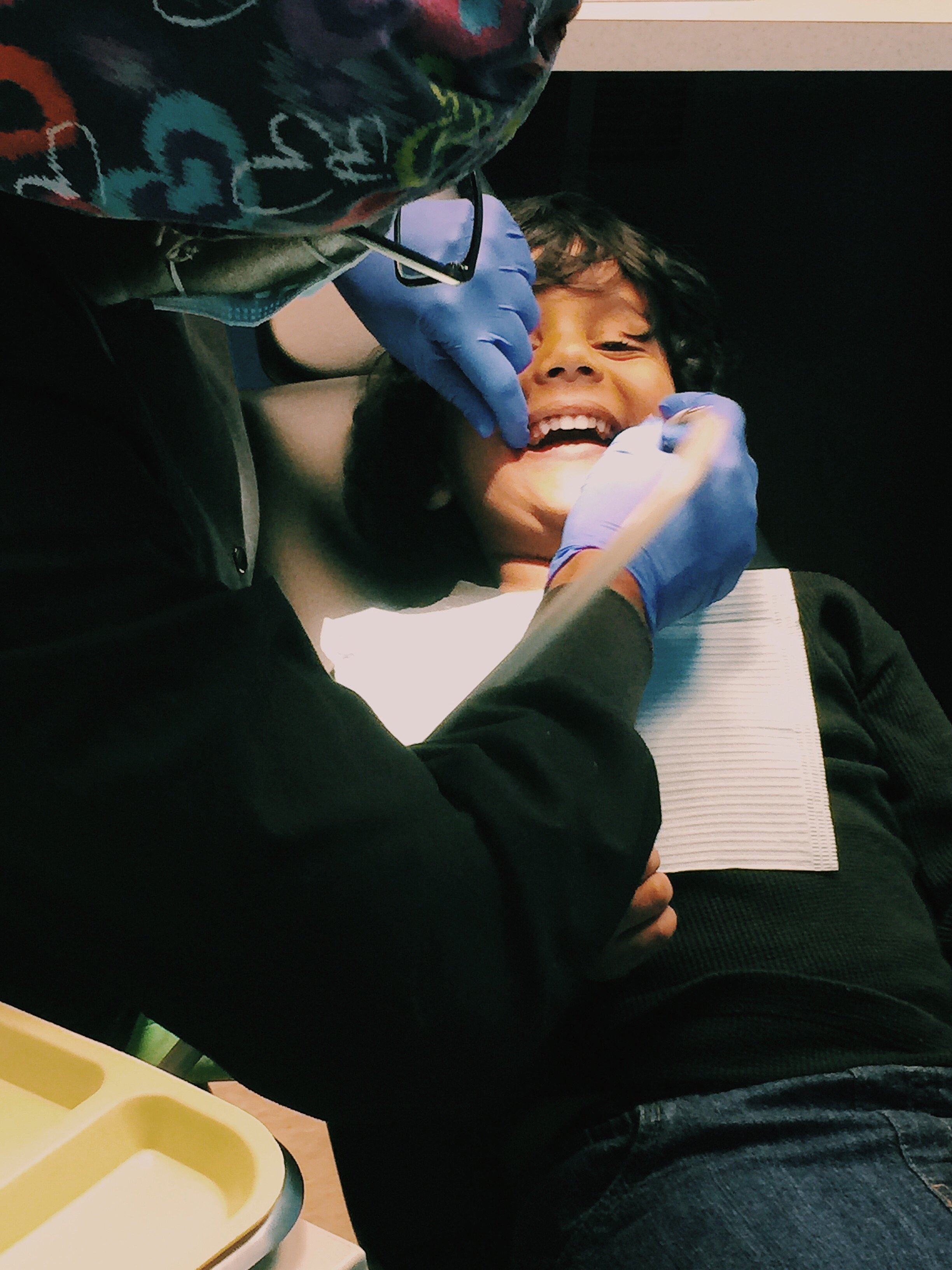2024 Commission on Dental Accreditation (CODA) Standard Revisions Proposal
How Does It Affect Those with Special Healthcare Needs ?
By Allen Wong, DDS, EdD
Studies show that if dental students are exposed in education, both didactic and clinical experiences with a population, they are more likely to treat patients with special healthcare needs (SHCNs) in the future. It is without a doubt that the dental curriculum is impacted with many subjects that are vying for more time to keep up with the advances in technology. Being an accredited institution is the goal of all dental education programs. The Commission on Dental Accreditation (CODA) is empowered by the Department of Education to assure that standards are met for the dental institutions through a peer-reviewed process with calibrated site visitors.
CODA is comprised of staff, members of the public, private, and educational communities. They are organized into review committees to evaluate the site visitor reports to make recommendations for accreditation.
The “standards” are meant to help guide educational programs towards competencies in designated areas of care and experiences.
Periodically, the standards are reviewed and adjusted for both relevancy and clarification by the review committees. Standards were written to allow dental schools to interpret how they meet those that have been declared. Unfortunately, prior to 2022, the standard for patients with special needs did not specify developmental disabilities, cognitive impairment, and allowed dental schools to define “special needs” as medical complexity.
“We are in the stage where communities of interest and public testimonies can give opinions on the support or opposition towards the change proposals. ”
Dental access to care has been increasingly difficult for the growing population of SHCNs due to their improved lifespans. What was a population that was usually seen by pediatric dentists (since lifespan was shorter) is now needing more appropriate adult dental care. In studies reviewing those who treated the aging special healthcare needs, it was more likely that those with postdoctoral/predoctoral experiences would provide care.
Through surveillance programs such as Special Olympics Special Smiles, we have found that oral health care is among the most unmet need and most difficult to find dental access.
The American Academy of Developmental Medicine and Dentistry (AADMD), along with the National Council on Disability (NCD), urged the American Dental Association (ADA) to include disability in their statement of ethics. The adoption of “disability” in their ethics helped to strengthen Standard 2-25 to include “management and assessment” along with an intent statement to clarify the populations expected.
Currently reads:
2-25 Graduates must be competent in assessing and managing the treatment of patients with special needs.
Intent: An appropriate patient pool should be available to provide experiences that may include patients whose medical, physical, psychological, or social situations make it necessary to consider a wide range of assessment and care options. As defined by the school, these individuals may include, but are not limited to, people with developmental disabilities, cognitive impairment, complex medical problems, significant physical limitations, and the vulnerable elderly. Clinical instruction and experience with the patients with special needs should include instruction in proper communication techniques, including the use of respectful nomenclature, assessing the treatment needs compatible with the special need, and providing services or referral as appropriate.
Now CODA is in their cycle for Revision of their Standards of the Programs they oversee, which are:
· Predoctoral Dental Education Programs
· Allied Dental Education Programs
· Advanced Dental Education Programs
· Clinical Fellowship Training Programs
The link to the Current Standards:
https://coda.ada.org/standards
(Go to Standards for Predoctoral Education)
This editorial is highlighting only the Predoctoral Change considerations. The proposal in some ways has been positive and some areas of concern. Standards with “must” statement are the most important since they are not an option. As a separate Standard currently, it gave prominence to the concept of equitable care and education for those with disabilities. The proposed changes tried to integrate and combine with current competency statements to reflect a comprehensive approach and in a sense elevating the stature from a different perspective.
Click here for link to the Proposed Changes to Predoctoral Standards
We are in the stage where communities of interest and public testimonies can give opinions on the support or opposition towards the change proposals.
My Concern Regarding the Proposed Changes at the Public Hearing:
Addressing the deletion of Predoctoral Standard 2, Line 15, page 41: In deleting this Standard that states “Graduates MUST be competent in assessing and managing the treatment of patients with special needs,” it takes out a MUST statement of competency to address an overlooked population that the National Council on Disability, the AADMD, and many Advocacy groups helped develop. Though “special needs” appears elsewhere, it seems to decrease the emphasis on IDD/disabled population
I suggest that for consistency with the Standards, bring back the “intent statement” of the deleted Standard and address the need of inclusive care by adding to the Standard 2-11 adding to line 7, page 37 to read:
2-11 Graduates MUST be competent in providing oral health care to all patients, including children with primary dentition, children with mixed dentition, adults, patients with special health care needs including those with developmental disabilities/disabilities and geriatric patients.
After the public hearings are held, the Ad Hoc Committee to Review will likely review concerns and either adopt some modifications or present it for adoption for change.
I invite you to go to the links above to see the current and proposed change and voice your opinion on the link below:
Feedback will be accepted until December 1, 2024
Comment Portal Link: https://surveys.ada.org/jfe/form/SV_72NXp6cy4ItFI9f
About the Author
Allen Wong, DDS, EdD is past president AADMD and President SCDA.

